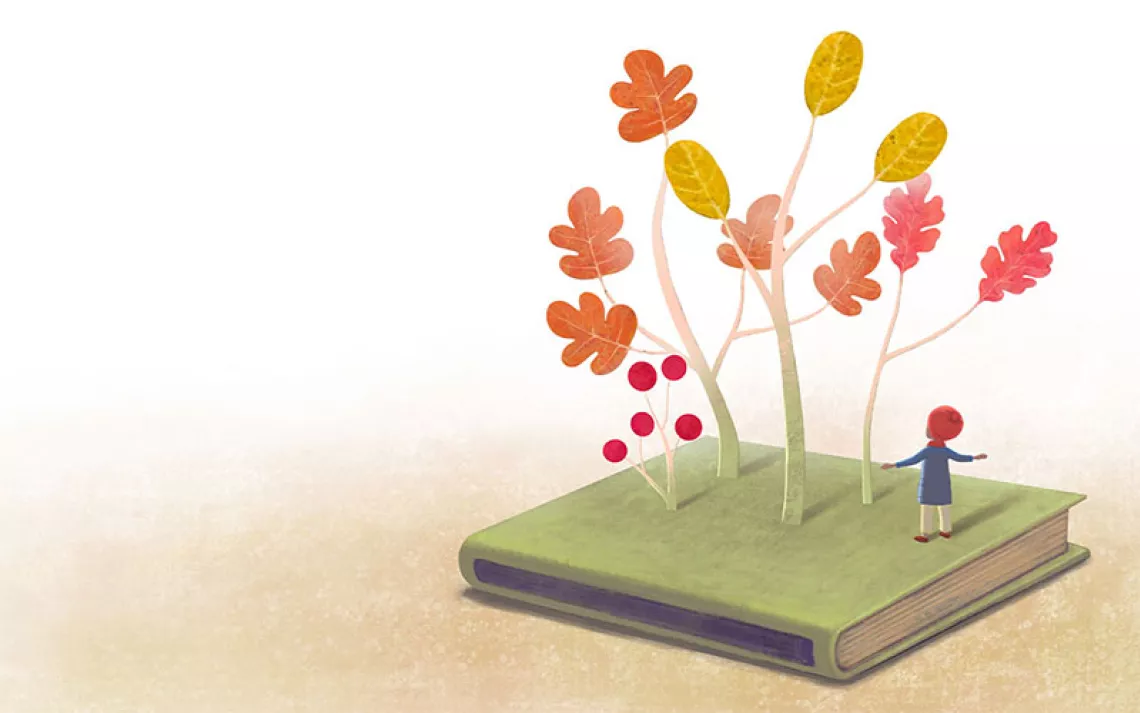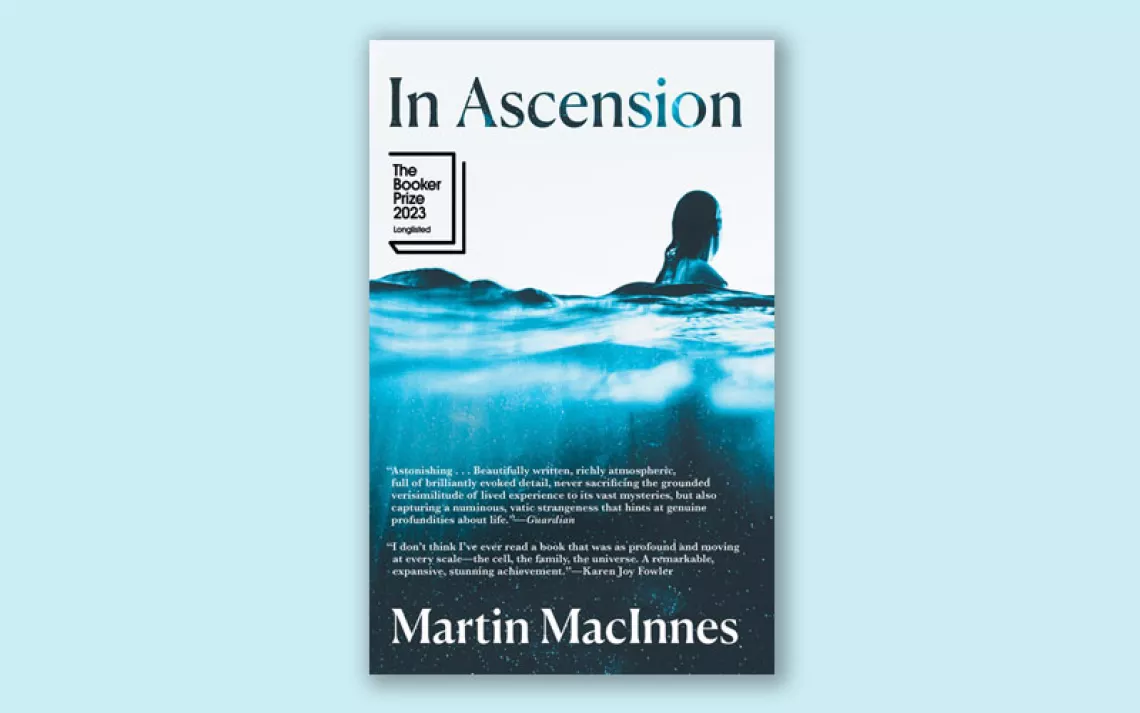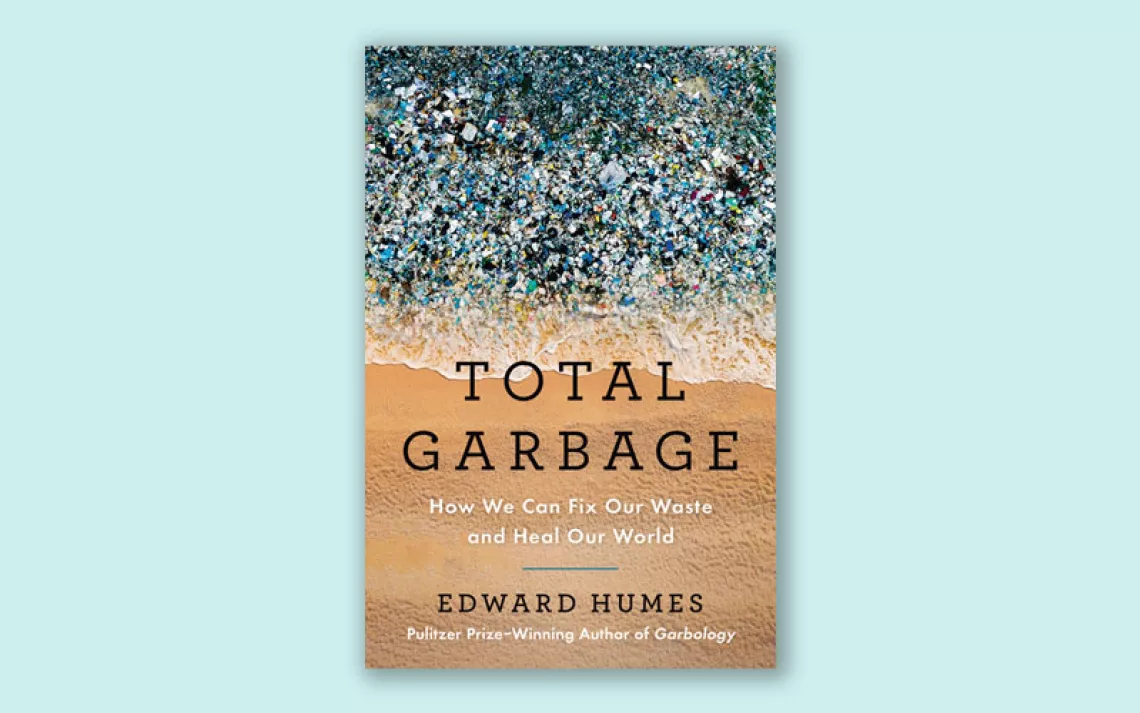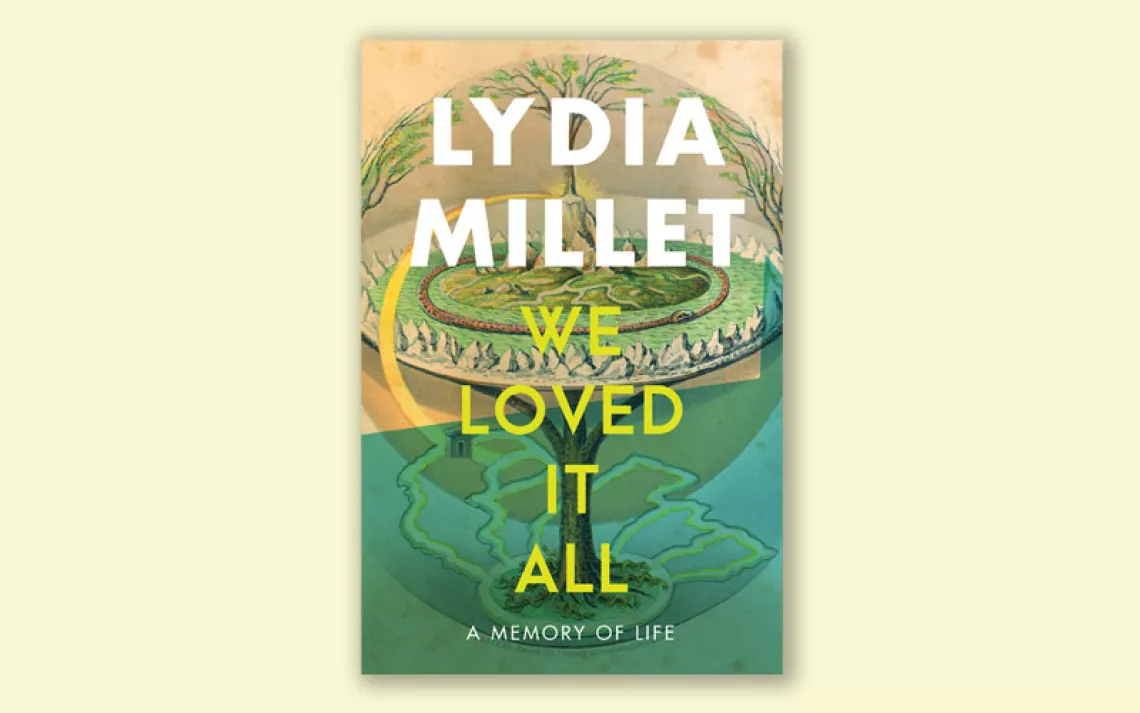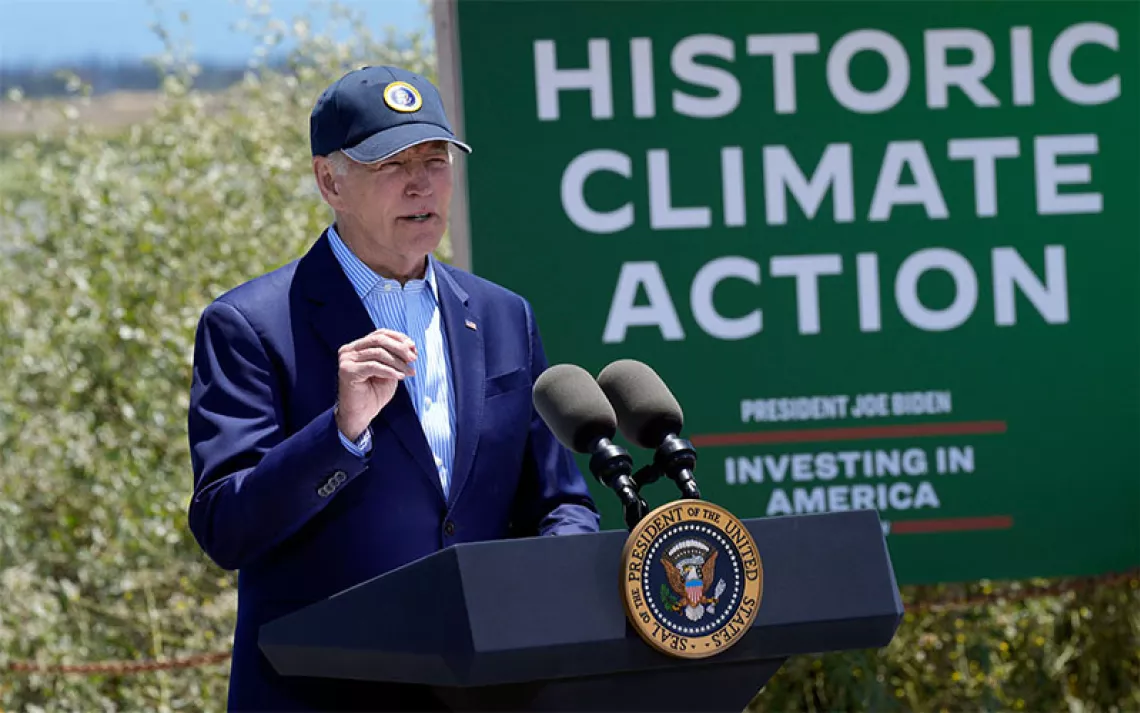From Species Extinction With Love
In"Dinosaurs," Lydia Millet considers what one person can do as the planet teeters on the edge
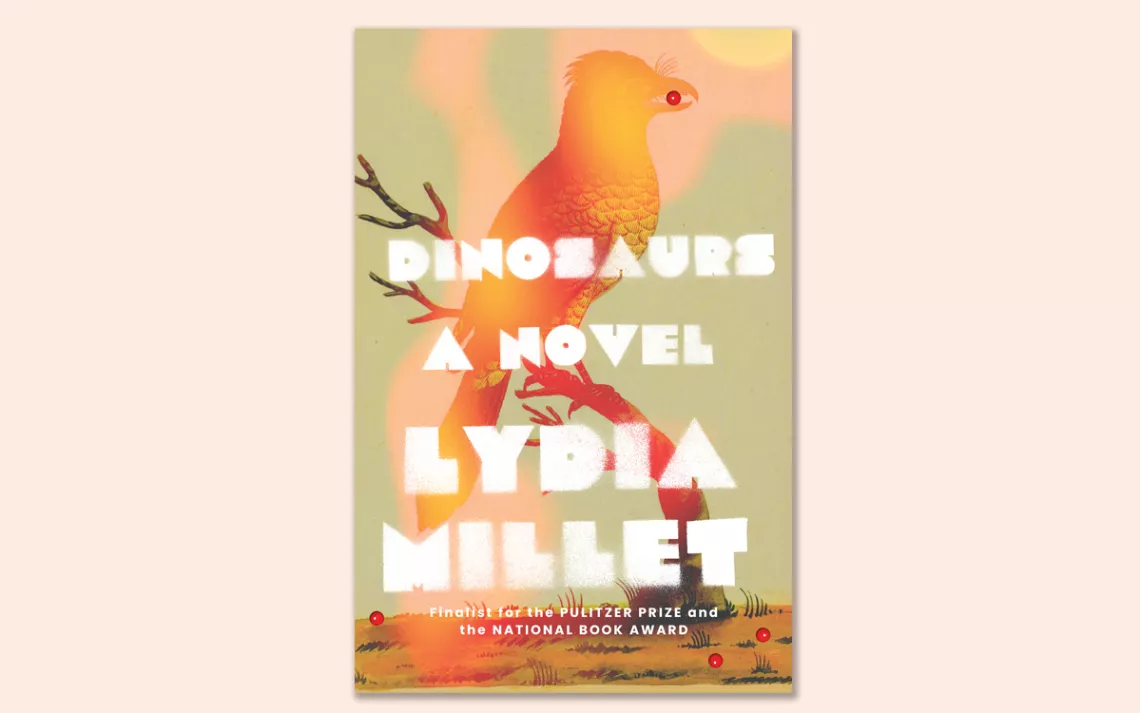
Lydia Millet's latest novel, Dinosaurs (W.W. Norton, 2022), is the deceptively simple story of an Arizona man's relationship with the family living in a glass house next door. While the events are less overtly cli-fi than those in her previous book, A Children's Bible, Millet is after something similar: whether an individual can truly make a difference despite the scale of planetary destruction we face.
Gil, reeling from a breakup, decides to take a 2,500-mile walk from New York City to a house in suburban Phoenix because he "wanted to feel the distance in his bones and skin, the ground beneath his feet . . . not to step onto a plane and land five hours after a whiskey and a nap." When he gets there, he tries to find meaning through volunteering and fills his new life acting as a "Friendly Man" companion at a women's shelter. In his spare time, Gil takes in the sights and sounds of the desert, developing relationships with his new neighbors.
In iridescent prose, Millet, a writer for the Center for Biological Diversity, touches on species extinction and global warming through Gil's burgeoning relationships. There's Jason, the fellow shelter volunteer and eccentric birder who recommends that Gil develop an affinity for ravens because they will have "staying power in the new world," and the neighbor kid, Tom, who learns at school that Earth's 10 quintillion insects might be naturals at revolution with their "hive minds, their brainless, decentralized intelligence." By the end, mild-mannered Gil confronts the neighborhood raptor poacher as well as Tom's bully. Through close observation of human and animal life in the desert, Millet powerfully makes the point that "separateness had always been the illusion," that "men grew from apes and birds grew from dinosaurs."
 The Magazine of The Sierra Club
The Magazine of The Sierra Club
